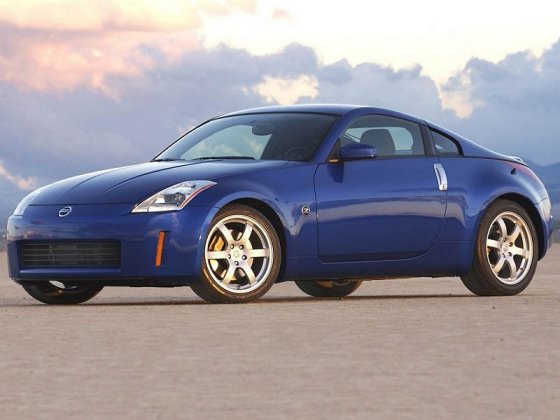During my GP Registrar year, I am constantly getting assessed to determine whether I am progressing well with the skill of GP consultation. Out of all the medical specialties, General Practice requires a unique set of skills for consulting patients - skills that take time to develop and maintain. I previously blogged about various consultation models that we have been taught and how I adapt them for my consultations. The assessments are a way of making sure that we continue to develop our skills, continuing to perfect the art of consultation.
To achieve this, the Royal College of General Practitioners (RCGP) has set-up two main methods of assessment. The first is called a Clinical Observation Tool assessment (COT). This particular assessment requires me to either film my consultations (with the patients consent of course) and to then review them with my trainer, or to have joint surgeries with my trainer watching as I consult. The other assessment is the Clinical Skills Assessment (CSA) exam which involves 13 consultations with actors/actresses to be done in 10 minutes and each is assessed by an examiner. If it sounds tough, that's cause it is!
Assessing my consultation always feels a bit fake. Whenever I video my consultations, there's always an element of acting or over exaggeration in my consultations. I know what needs to be done to achieve the marks, so I always end up putting it on a little bit. I make sure I ask the key questions that I am expected to ask, regardless of their relevance. It's expected that for all consultations GPs should ask a few questions all the time and it all revolves around the patients I.C.E. (Ideas, Concerns & Expectations). So, when all my videos have me asking about what the patient thinks is wrong, what are their concerns, how the problem is affecting them and what expectations they have. To be fair, in most cases these questions are very important, and the more I video myself, the more I find myself doing it without the video. However, for some cases it is not relevant at all and it always feels a bit fake.
The most difficult aspect of videoing my consultations is making sure I cover everything within 10 minutes. I can almost see myself go through a mental checklist as I consult to make sure I ask all the right questions and sometimes my management of the patients problem suffers. I worry so much about asking the right question and covering the right areas, the important part - the medical part, providing a diagnosis or treatment gets forgotten. There have been times when I've gone through the problem, performed the relevant examination (which by the way, are off camera) and then got to the actual doctor part of the consultation and found myself struggling simply because I've been spending too much time on what has gone before, trying to achieve the perfect consultation.
It's irritating that I am being asked to spend so much time focusing on the consultation skills aspect that at times I'm having to think harder than before just to do the medical part of the consultation which is what I've been trained for. I understand the importance of achieving a good consultation, but as these assessments continue to develop and the RCGP continues to place more and more emphasis on it, I wonder if the medical aspect of patient care will begin to suffer?
To be fair, the RCGP place a lot of importance on us continuing to show that we keep up to date with our medical knowledge. We have regular tutorials and have to show evidence of our own private study on a regular basis on our ePortfolio, but the GP consultation is definitely the most important part of my medical training without doubt.
The hardest part of my consultations is getting the time down to 10 minutes, especially for the CSA examination. The consultation then will stop dead on 10 minutes, if anything is left, then that's just tough luck. Yesterday I had a COT assessment on a patient which lasted 14 minutes. My trainer and I discussed how it could have been shortened and we both struggled to come up with any answers. The problem that I was presented with required the 14 minutes and I was even rushing at the end to try and speed the process, but even my trainer agreed that it would be near impossible to get it down to 10 minutes. So, no answers and not good if I get a similar presentation in the CSA. The patient yesterday was a particularly slow talker, and perhaps the actor/actress would talk faster in the CSA. Maybe I wouldn't need to perform such a thorough examination and have the findings given to me. Perhaps that would be the only way I could cut down on my time for the consultation.
Obviously, these assessments are necessary. They are in place to ensure we develop or GP consultation skill properly, to get ready for the big bag world of General Practice at the end of it. I just hope that my medical knowledge or application of that knowledge remains appropriate and that, for the CSA at least, I am able to consult within the 10 minutes properly - the emphasis seems to be on the consultation models and not necessarily on actual medical knowledge. Don't worry, there is also a theory exam as well.
With that all said and done, I sign off for today and the rest of the week most likely. Got too many COTs to do and too little time to do it in! Next time you see a GP, is he/she more concerned about getting the consultation right, or getting you right?
Take care all,
Thoughts just flow, when do they have to make sense?
Wednesday, October 15, 2008
Subscribe to:
Post Comments (Atom)





No comments:
Post a Comment